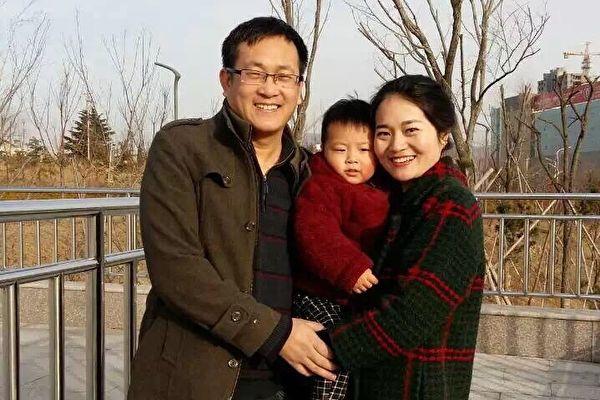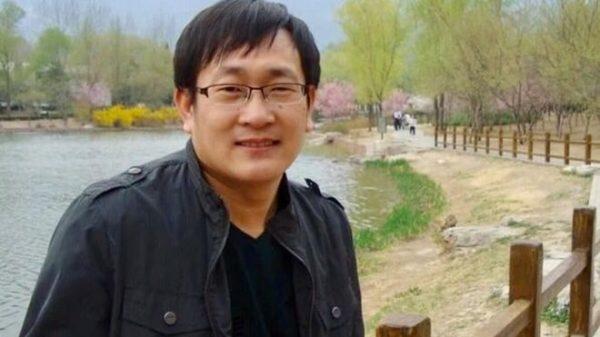One day in December 2014, police in the the northeastern Chinese community of Jiansanjiang were on high alert. Checkpoints manned by officers wielding submachine guns blocked the snow-covered roads. Standing in subzero temperatures, they stopped passing vehicles to examine them and their passengers.
The four defendants were being charged for their faith in Falun Gong, a Chinese spiritual practice banned by the communist authorities—and one of China’s longest and most brutal cases of religious persecution.
Wang, 42, hails from northern China’s Shandong Province, and is famous for his unyielding and indiscriminate defense of China’s most disenfranchised groups.
This year, on Jan. 28, he was sentenced to over four years’ imprisonment following a secret trial held in the city of Tianjin, to the protests of the Chinese rights community and his wife Li Wenzu. Three years earlier, Wang was apprehended in the July 2015 mass arrests of Chinese rights lawyers, an incident often referred to as 709.
Defending Falun Gong
The elaborate efforts of the police in Jiansanjiang to prevent Wang Quanzhang and the other lawyers from defending their four Falun Gong clients the previous December were part of one episode in a much larger campaign by the Chinese Communist Party that began in 1999.Falun Gong is a Chinese spiritual discipline practiced by tens of millions of people who do meditation and follow traditional moral teachings based in the principles of truthfulness, compassion, and tolerance. In June 1999, then-Communist Party leader Jiang Zemin ordered Falun Gong banned; mass arrests followed the next month.
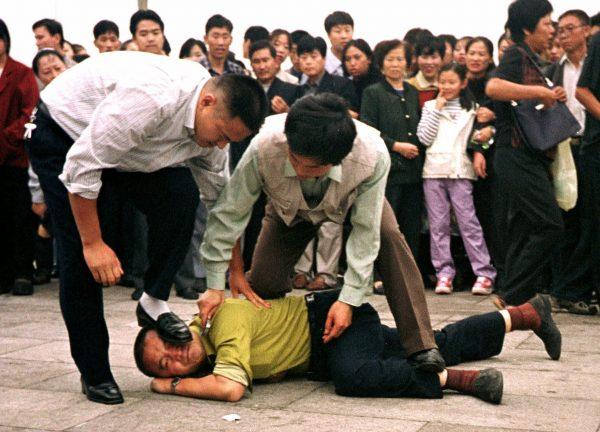
Wang offered legal aid to Falun Gong practitioners and other victims of repression by the Chinese regime, including petitioners whose land had been seized by developers, prisoners abused in labor camps, and those mistreated by the police.
With the anti-Falun Gong campaign being directed from the executive organs of the CCP, Falun Gong practitioners were not only physically abused and murdered for their faith, but also demonized as dangerous cultists in state propaganda. A staged self-immolation incident at Tiananmen Square in January 2001—in which several purported Falun Gong practitioners set themselves on fire—fostered a social atmosphere of hatred and derision against the practice and its adherents.
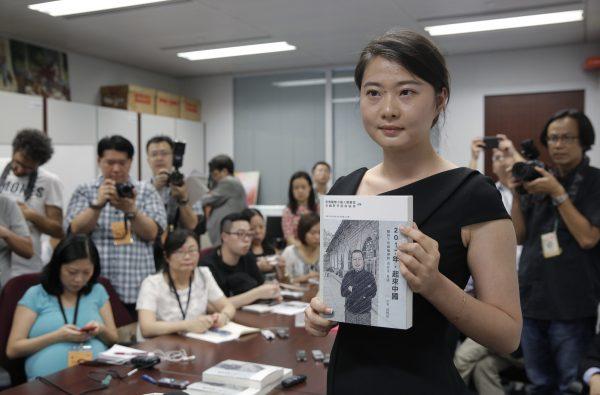
Law Versus Regime
Prior to his detention, Wang took up Falun Gong cases around the country, from Heilongjiang on the Sino-Russian border in the northeast, to Xinjiang, the Muslim autonomous region that comprises much of northwestern China.His activities made him a target of the Party authorities. In 2008, Wang had his home ransacked and his possessions seized by agents of the Ministry of State Security. In 2013, he was given a 10-day detention in Jiangsu Province, eastern China, for “severely disrupting order in court” while representing a Falun Gong case. A joint protest by 100 fellow lawyers led to his release after three days in custody, according to the CHRLCG.
The next month, Wang was detained in the 709 roundup of Chinese human rights lawyers. He was charged with “subversion of state power” in 2017.
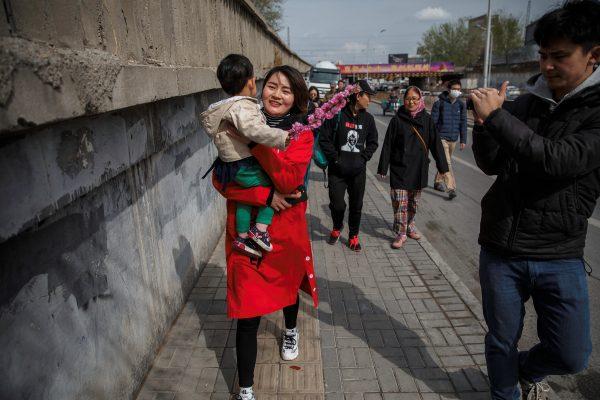
The persecution meted out to Wang and other lawyers, not to mention their clients, highlights the structural conflicts between the rule of law in China and the political supremacy of the Communist Party.
“If you dare to come out, we’ll kill you, do you not believe it?” an officer threatened Li Wenzu and her son.
“I believe it, I very much believe it, because you’re all hooligans and scoundrels, I know that you’re capable of anything,” Li responded.
